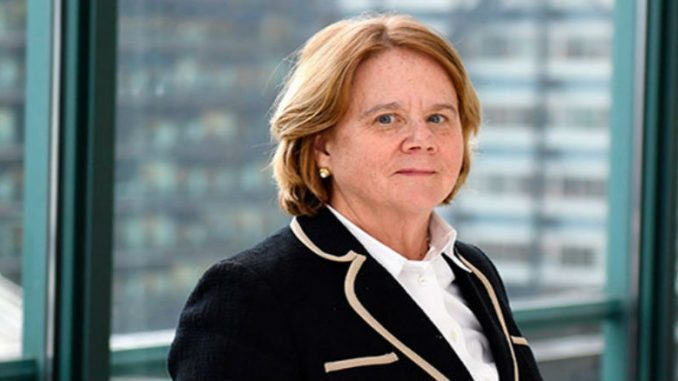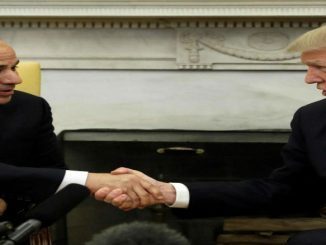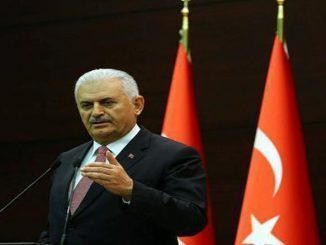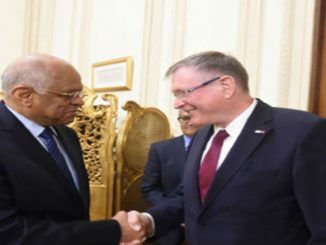During the meeting, Dr. Nasr said that the government’s wish to increase cooperation between Egypt and EBRD during the upcoming period, stressing that it was essential to accelerate the implementation of the projects financed by EBRD for the economic return they would generate.
According to Dr. Nasr, the sectors of priority during the upcoming period will include electricity, education, health and SME’s.
On the other hand, Ms. Heckman pointed to the distinguished relations between both sides, and ascertained that EBRD was keen on increasing its cooperation with Egypt.
Moreover, Ms. Heckman revealed her intention to “finance more projects in support of economic development efforts and of stability in Egypt, owing to the fact that it is deemed the pillar of security and stability in the MENA region,” according to Egypt’s Ministry of International Cooperation site.
Ms. Heckman’s efforts for the past five years were praised by Egypt’s Minister, with regard to development projects implemented in Egypt in vital sectors such as electricity, transport and housing.
In addition, EBRD officials reiterated that they would continue their efforts “to stimulate the Egyptian economy through national projects such as the Suez Canal Axis Development Project which offered great opportunities to the private sector, besides SMEs.”
In fact, EBRD’s total investments in Egypt totaled EUR 1.7 billion to date in 34 projects, noting that Egypt ranked as the 3rd largest receiver of EBRD’s investments and that it was expected to become the 2nd largest this year, according to the officials.
Since the military coup in 2013 led by Abdel Fattah al-Sisi against Egypt’s first democratically elected President Mohamed Morsi, the North African country has undergone one of the harshest economic crisis in the its history.
The economic conditions has deteriorated in an unprecedented way under his al-Sisi’s rule.
Tourism and foreign investments, the two sources for foreign currency, have declined as a result of political instability and lack of security.
The withdrawal of the two main sources of foreign currency led to a severe shortage in foreign currency and the Egyptian pound rate has fallen compared to the US dollar and the black market flourished on the currency expense and led to inflation.
As a result, the Egyptian government decided to take extreme measures to revive its wrecked economy.
Last November, the International Monetary Fund’s executive board approved Egypt’s request to secure $12 billion loan facility after Egypt met its requirements.
On August 30 Egypt started its first steps towards the loan when Egypt’s parliament approved a long-awaited law introducing a value-added tax (VAT) of 13 %, rising to 14% in the next fiscal year.
On November 3, the Central Bank of Egypt floated the Egyptian pound and gave up trying to peg the currency to the US dollar allowing it to devalue by almost half.
On November 4, Egypt took another unprecedented decision, which has always been abandoned by former leaders in fear of public unrest, to cut subsidies for fuel leading to jump in prices.
However, despite taking all these drastic steps, the IMF loan alone won’t help as the North African country still needs to revive its internal sources and investments to allow the flow of foreign currency within the country and thus, stabilizes its currency and contains its inflation rate.
It is noteworthy that the inflation rate has hiked recently after floating the Egyptian pounds.
According to a statement issued by the Central Agency for Public Mobilization and Statistics (CAPMAS), the annual Inflation rate hiked to 24.3% in December, compared to 20.2% in November.
The statement attributed the increase of the inflation rate to price hikes in the food and beverage sector, as they registered an increase of 29.3%, representing a 15.12% increase in the Consumer Price Index (CPI).




